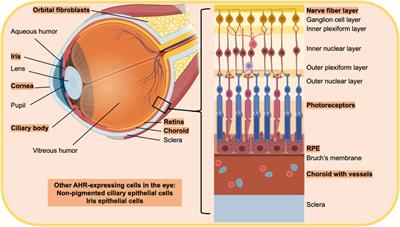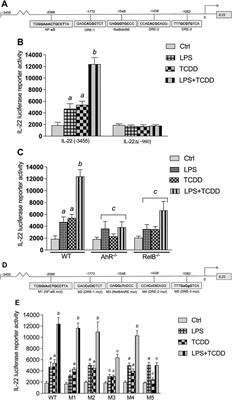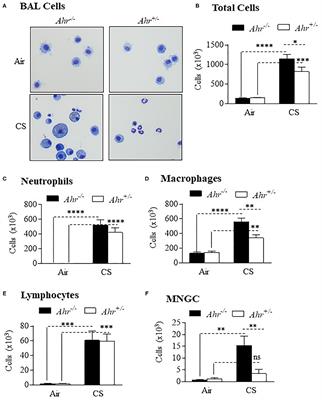EDITORIAL
Published on 21 Jun 2022
Editorial: Role of the Aryl Hydrocarbon Receptor in Immune Modulation
doi 10.3389/ftox.2022.941665
- 1,455 views
- 1 citation
7,171
Total downloads
22k
Total views and downloads
EDITORIAL
Published on 21 Jun 2022
REVIEW
Published on 03 Mar 2022

ORIGINAL RESEARCH
Published on 03 Feb 2022

MINI REVIEW
Published on 27 Jan 2022
![6-Formylindolo[3,2-b]carbazole, a Potent Ligand for the Aryl Hydrocarbon Receptor Produced Both Endogenously and by Microorganisms, can Either Promote or Restrain Inflammatory Responses](https://www.frontiersin.org/files/myhome article library/775010/775010_Thumb_400.jpg)
BRIEF RESEARCH REPORT
Published on 06 Jul 2021

ORIGINAL RESEARCH
Published on 15 Apr 2021
